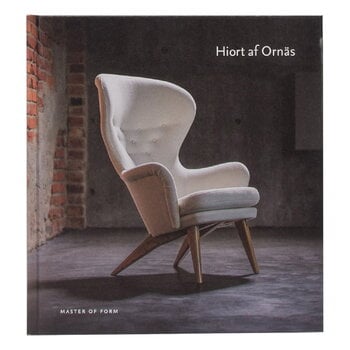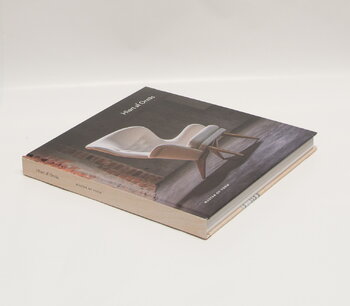Hiort af Ornäs - Master of Form published by Ornäs, dives deep into the success story of modern Finnish design by introducing the reader to the designer and architect, Carl-Gustaf Hiort af Ornäs. The Siesta armchair, designed in 1952, and the Rialto chair and Studio sofa, also showcased at the Milan Triennale in 1957, have earned Hiort af Ornäs widespread acclaim, but this comprehensive book takes a broader look at his life and career, including some of his lesser-known works. The book also features a detailed identification section that helps to recognize the distinct features of Hiort af Ornäs' design.
Carl-Gustaf Hiort af Ornäs carried out his life's work as a factory owner and designer. His timeless and aesthetically sound furniture is appreciated by connoisseurs of craftmanship, and it has begun to arouse international interest. Master of Form presents a forgotten designer and his work, outlining a portrait of a gentleman and gifted designer who made no compromises with regard to quality. The book includes a section for identifying the work of this master designer.






